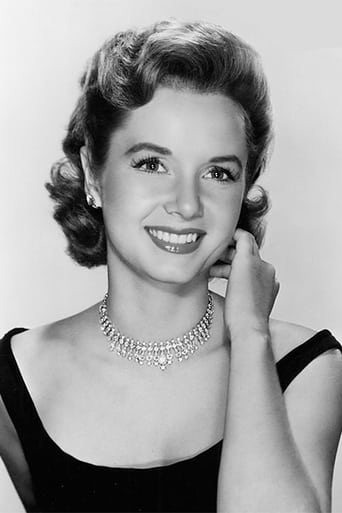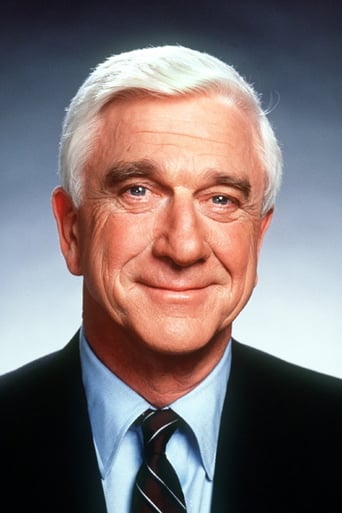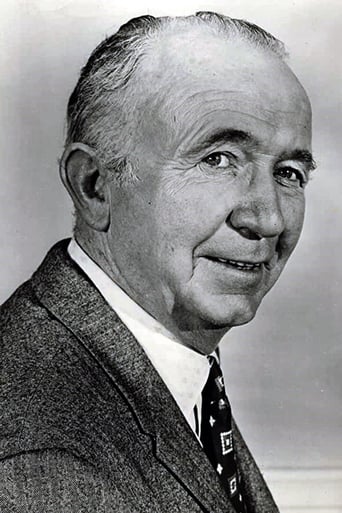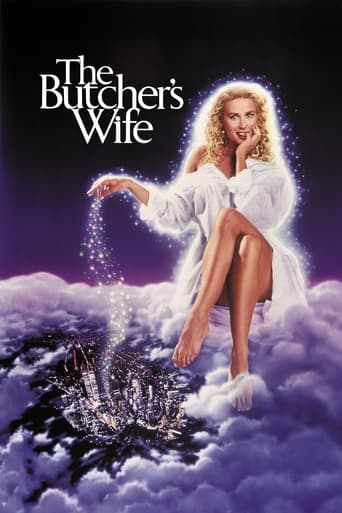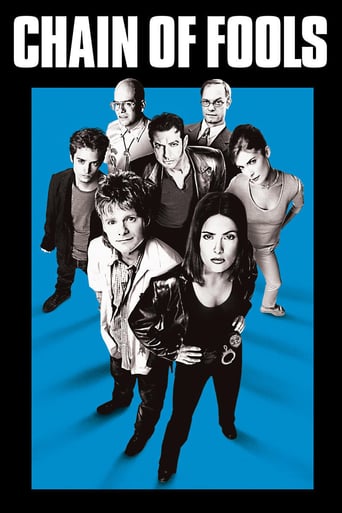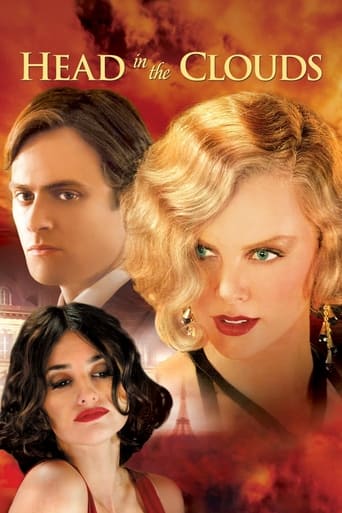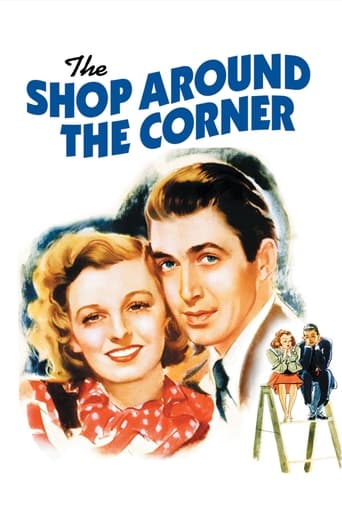
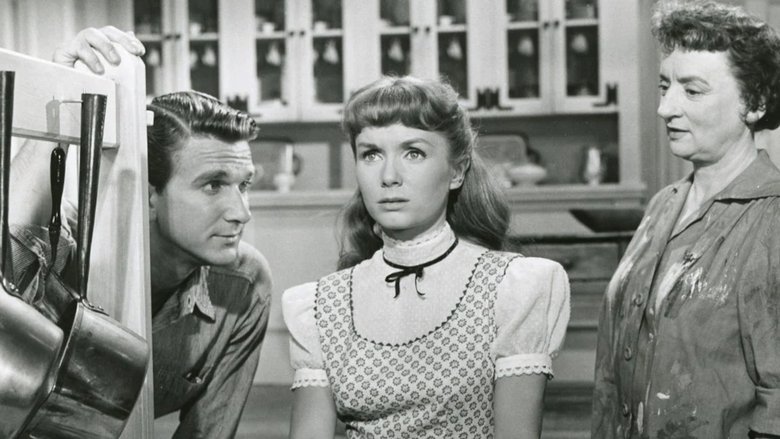
Tammy and the Bachelor (1957)
An unsophisticated young woman from the Mississippi swamps falls in love with an unconventional southern gentleman.
Watch Trailer
Cast


Similar titles
Reviews
Plot—a backwoods southern girl is invited into a plantation manor after her father is sent to jail for bootlegging. The invite comes after she's rescued the hunky son from a plane crash. Now she's caught up in a humorous conflict of cultures while trying to adjust. At the same time, she pines for the son's affections despite his snobbish girlfriend.Okay, after 70-some years of breathing my brain is turning to mush—Reynolds is charming, the song's cute, and I even enjoyed the suds this time around. Sixty years ago I hated the movie, but then I preferred rubber space monsters and Elvis's shaking' up the world. So I guess Reynolds and her song didn't really register. Truth be told, I still like Roger Corman's quickies and, of course, Elvis forever.Nonetheless, in my now geezer opinion, the movie's a charmer, with occasional brain teasing moments. Tammy's a role the spunky Reynolds was born to play. Her sparkly innocence is winning from the git-go. Pairing her with the hunky Nielsen, however, remains a stretch. He towers over her like Tarzan in a spiffy suit. Still, her down-home truth-telling contrasts engagingly with the uptown sophisticates. I can see Peter (Nielsen) succumbing to her natural charm. But she's not all innocence. Behind her lack of education, Tammy has a perceptive inner eye, or a kind of backwoods wisdom. That compensates a lot for her amusing goofs in polite company. And catch the many innuendos I missed first time around. For example, when Tammy comes up with "of a carnal nature" while fending off masher Ernie's eager advances, I had to rerun the passage to make sure I heard correctly.What also catches my eye this time is the subtle romancing of the ante-bellum South. The Brents represent the gentile side of the Old South transposed to the 1950's. In that sense, there's something of a nostalgia for the earlier time though it's not rubbed in. Then too, a contrasting note is sounded when Osia (Beavers), the Black cook, explains to Tammy the onerous meaning of her red bandanna headgear. So we're reminded of the Old South's not so gentile other side. And catch those colorful battleship cars. 1957 was about the peak year for showy fender fins that seemingly stretch into the great beyond.Anyway, sociology aside, my age may be showing, but this time around I found the movie charming and occasionally insightful. So maybe something can be said said for geezer-years, after all.
It's hard to believe that Debbie Reynolds did this movie 5 years after Singin' In The Rain. It seems like she should have played Tammy 5 years before Singin'. Reynolds infuses some complexity in the role - check out her sly grin when Leslie Nielsen picks her up in the barn. It's a role that could easily have been annoying to audiences but Reynolds never loses a viewers affections. In the two sequels Sandra Dee came very close to crossing that annoying line.Besides Reynolds, the other treat is the great cast around her. It was fun to see a young Leslie Nielsen in a straight role as the leading man and Mildred Natwick does her usual excellent job (why did she never get more Oscar recognition). Fay Wray, Walter Brennan, Philip Ober & Sidney Blackmer also do a great job.The director, Joseph Pevney, should get credit for keeping the story moving forward and not getting bogged down in the corny aspects of the movie. Had i been more than 1 years old when this movie came out, I'm sure it would have been a fun way to spend a Saturday afternoon.
This is a movie that is extremely well-made, more-than-decently- acted, and it is a movie with a theme--"be the genuine article". Case in point--Tammy, a girl living on the bayou with her Grandfather in a houseboat, dreaming dreams and never going anywhere. Whatever she is, she is genuine; Tammy speaks her mind, a quick-learning one, and can do many things, although she lacks "book larnin'". And like her spiritual ancestor, Scarlett O'Hara, she wants Life with a capital "L", not a second-rate existence. So that when a handsome pilot crashes near the houseboat and she nurses him back to health, it seems perfectly natural that she and Nan her goat should walk all the way to find him to ask him to return the help, when Grandpa is taken away--not by death as the family of the pilot and he believe but by the authorities, because he has been making corn liquor instead of confining himself to preaching. Once she arrives, Tammy affects the life of every person she encounters from the cook to the real owner of the mansion, a whimsical Aunt who has always wanted to be a painter and live a Bohemian life in New Orleans. While she pursues the pilot, affianced to a stuck-up girl who does not understand him, she gets involved in the great tomato project, the lives of guests and family, the amorous fantasy of Pete's best friend, the annual historical reenactment--wherein Aunt Renie dresses Tammy in a low-cut gown like some modern transforming fairy godmother--and more. All comes out well in the end, since the pilot can no more resist Tammy than anyone else can. So Grandpa is released from jail just in time to see the boy come after Tammy to tell her she's his girl, forever. The cast of this very attractive and color-filled satirical comedy does very well with the material. Fay Wray is thin-lipped as a disapproving mother, Leslie Nielsen is very good as the pilot; Sidney Blackmer would have been Academy Award caliber as the father of this dysfunctional family if the author had given him more lines; Mildred Natwick as the artist aunt, Aunt Renie, has one of her best roles else. Others in the large cast includes Louise beavers as the cook and Craig Hill as the pilot's amorous friend, with Walter Brennan as Grandpa. The cinematography by Albert Arling is glowing and consistent; Bill Thomas's costumes represent another triumph for him in his department. Frank Skinner provided music, while Livingstone and Evans wrote the hit theme song, "Tammy". The art direction by Bill Newberry and Richard H. Riedel is unusually good as is the direction by Joseph Pevney. Credit for the clever screenplay goes to Oscar Brodney, who adapted the novel by Cid Sumner Ricketts on which the on screen events are based. It can be objected that the event portrayed are not "real". Millions of moviegoer disagreed; the danger in the character of Tammy is that she is a pseudo-religious figure at basis, an "uncorrupted child of nature who brings the sinful rich folks in the big city back to the Lord and honest ways". Only not one element of this dangerously-wrong set of conventional ideas takes place in this film. What happens is that an unspoiled young girl, only somewhat glossy and overly-cute thanks to the author of her novel, comes across on screen in the person of Debbie Reynolds as an very attractive version of the country mouse, the Man From Mars, the outsider--the one who comes in somewhere and by being honest sees through and works to undo the pretensions of everyone she meets. It is not always realistic. although certain scenes are very strong, and the dialogue coming from Tammy is often amusing; but it is more than occasionally heightened realism, which is called 'fiction", a very scarce commodity these past thirty years in case anyone has forgotten what it looks like. The Tammy character as revived in several sequels with some charm but nowhere near the original effect.
Although never rated a "ten" by most, I was 10 years old in 1957 when my mom took me to see this movie. Quite naturally I immediately fell in love with Debbie Reynolds while hoping to wind up looking something like Leslie Nielsen at the same time. One`s age at the time a movie is first seen determines a lot. She was sweet and innocent, the song very beautiful and the leading man, although a little unsure of himself, was honorable. That was 43 years ago and of course we have all had a "reality check" - but, what can I say?


